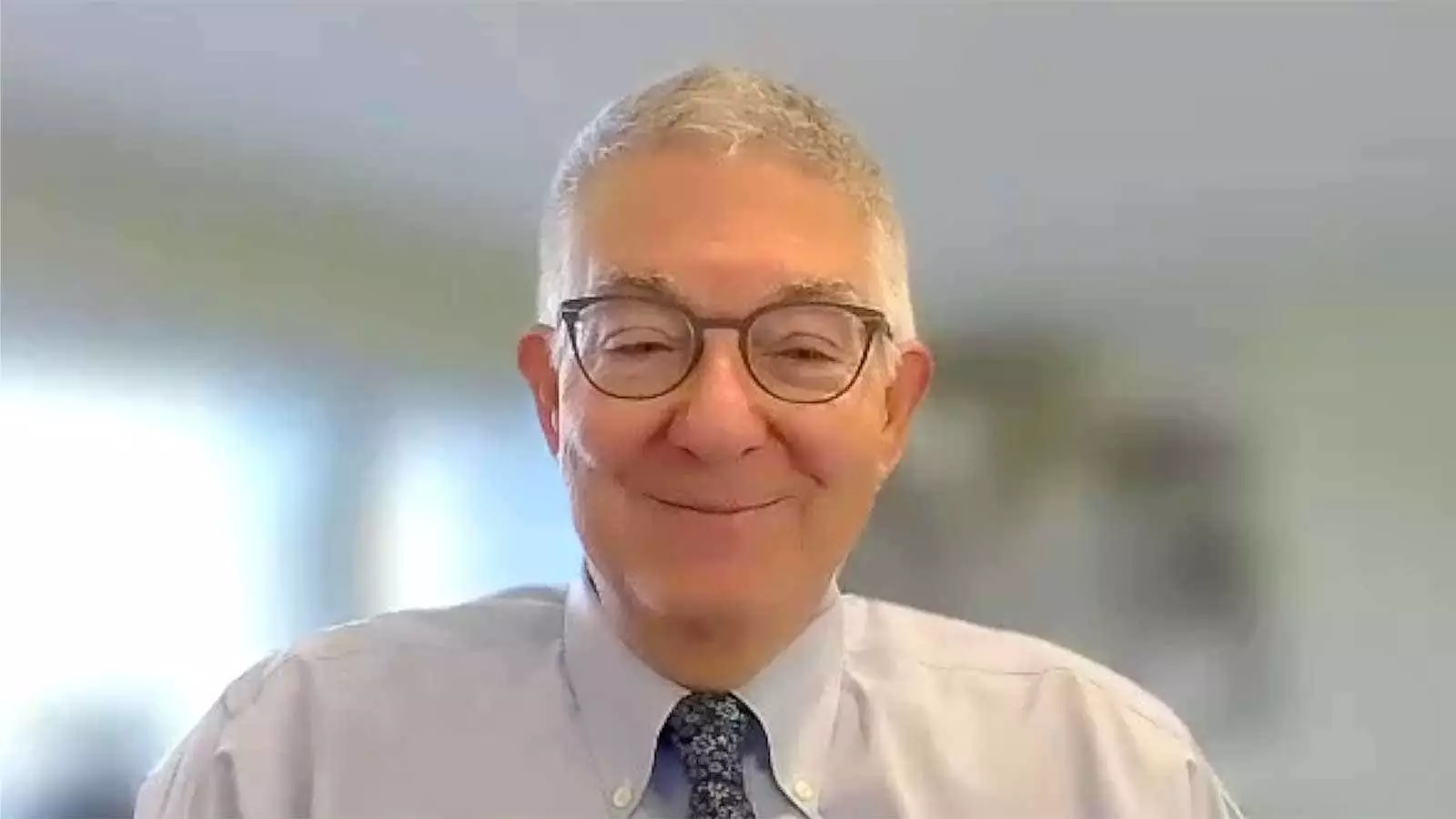At the recent Psych Congress 2023, the renowned psychiatrist Dr. Peter Weiden presented a thought-provoking session titled “State of the Science: Focus on Schizophrenia.” As a clinical professor of psychiatry at the Renaissance School of Medicine at Stony Brook University in New York, Weiden delved into the latest research findings and emerging treatments in schizophrenia. In this article, we aim to explore the key takeaways from Dr. Weiden’s session and shed light on the exciting future possibilities in schizophrenia treatment.
Drawing on his vast experience in the field, Dr. Weiden advised clinicians to prepare themselves for the arrival of groundbreaking treatment options expected to revolutionize the management of schizophrenia in the coming years. While he acknowledged the importance of not over-promising, he emphasized the value of staying updated with the latest developments. One notable avenue that Dr. Weiden personally explored was leveraging online resources such as YouTube to expand his knowledge on new receptors and drugs used in other therapeutic areas.
Dr. Weiden shared his enthusiasm for utilizing YouTube classes aimed at medical students to enhance his understanding of the intricate mechanisms underlying mental health. He expressed how these online resources have opened his eyes to the dynamic transformations occurring in the field of psychiatry. By embracing this alternative learning platform, clinicians can gain valuable insights into cutting-edge research and novel treatment approaches.
In his session, Dr. Weiden highlighted the imminent arrival of non-dopamine antipsychotics, with the first wave poised to include muscarinic receptor agonists. Fascinatingly, muscarinic receptors play a pivotal role not only in the brain but also in the periphery. As knowledge surrounding muscarinic systems expands rapidly, it becomes increasingly evident that central anticholinergic activity, a consequence of targeting muscarinic receptors in the brain, can have detrimental effects on cognition and overall patient well-being.
Continuing his informative discourse, Dr. Weiden urged clinicians to ponder the anticholinergic burden imposed by their prescription choices. Acknowledging the potential drawbacks of medications like benztropine (Cogentin), which were historically relied upon to manage extrapyramidal symptoms, he encouraged physicians to seek alternative strategies that minimize anticholinergic load. The field is evolving, rendering outdated therapies such as Haldol (haloperidol) less favorable due to the considerable reliance on Cogentin. By adopting a proactive approach, clinicians can maximize patient outcomes by tailoring treatment plans to minimize anticholinergic burden.
As we progress into the future of schizophrenia treatment, there is much to anticipate and explore. By arming themselves with up-to-date knowledge, clinicians can make informed decisions and deliver the best possible care for their patients. Dr. Weiden’s session served as a valuable reminder of the ever-changing landscape of psychiatry, urging healthcare professionals to remain engaged, curious, and proactive in their pursuit of improved treatment options.
Psych Congress 2023 provided a platform for experts like Dr. Peter Weiden to share their insights and shed light on the exciting advancements in schizophrenia treatment. As clinicians navigate their way through the dynamic field of psychiatry, embracing novel learning avenues such as YouTube classes and critical analysis of anticholinergic burden can help pave the way for a brighter future in the management of this complex disorder.


Leave a Reply